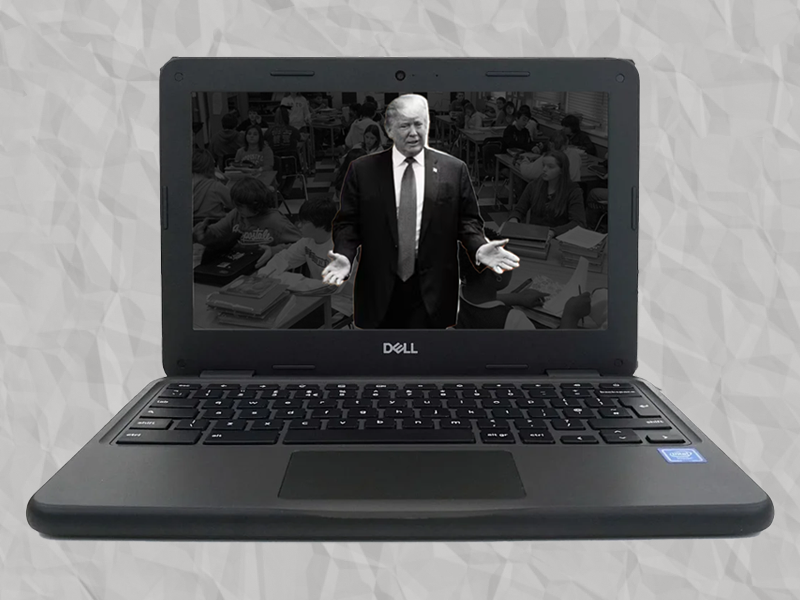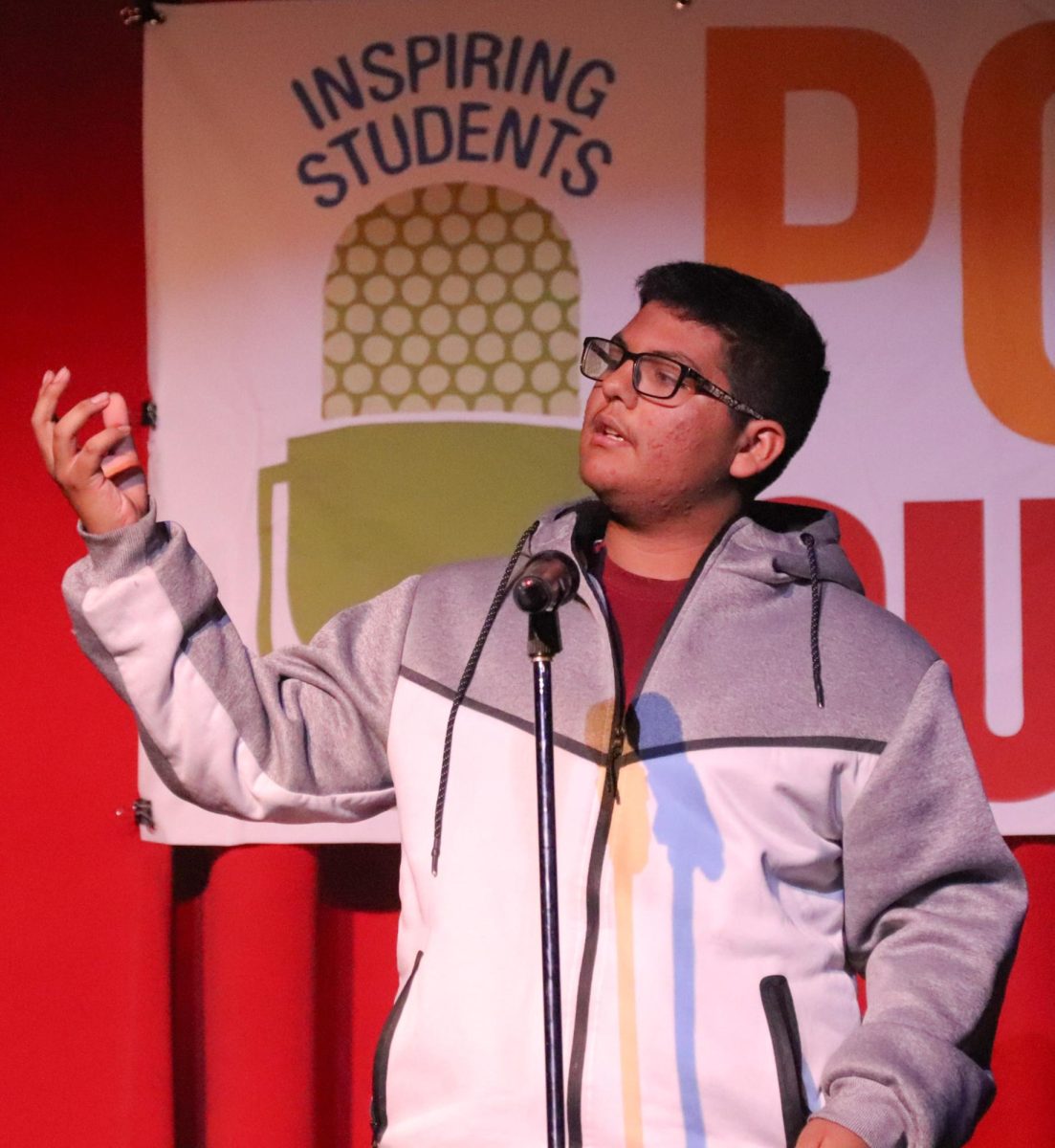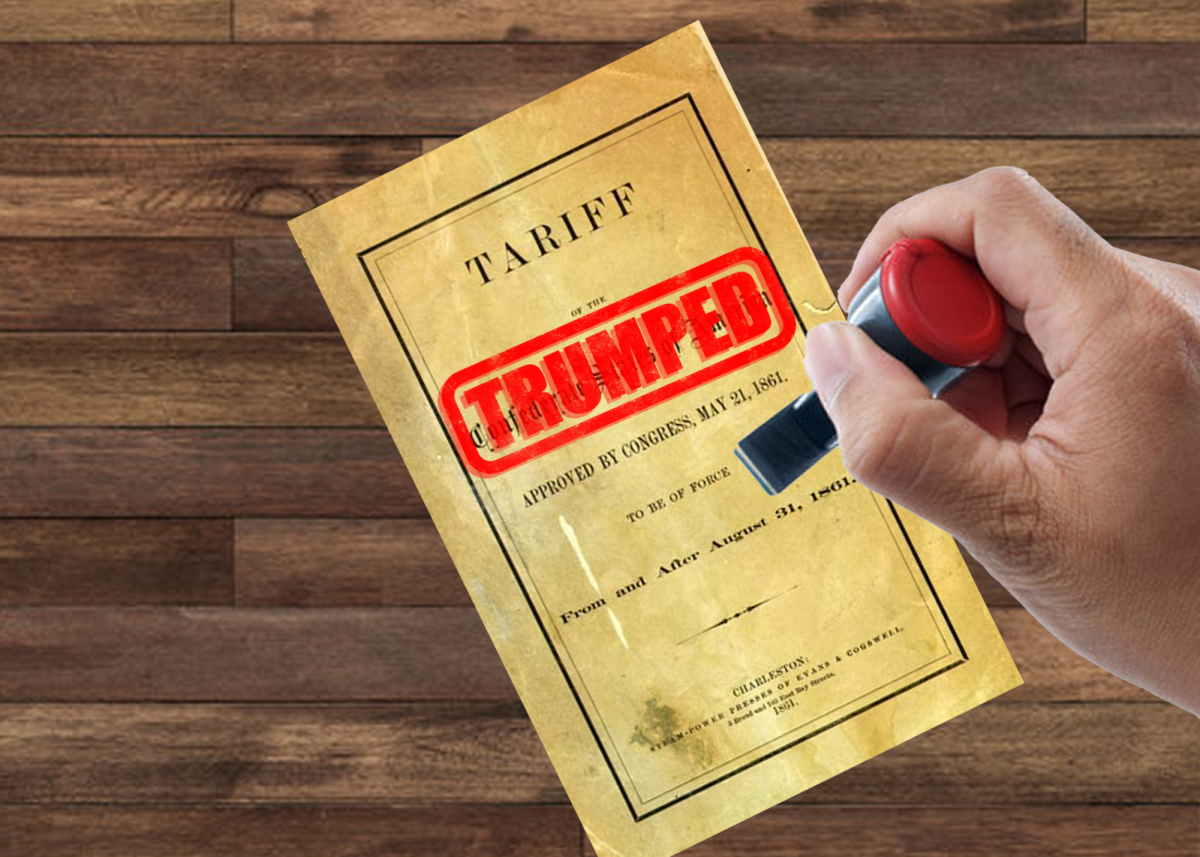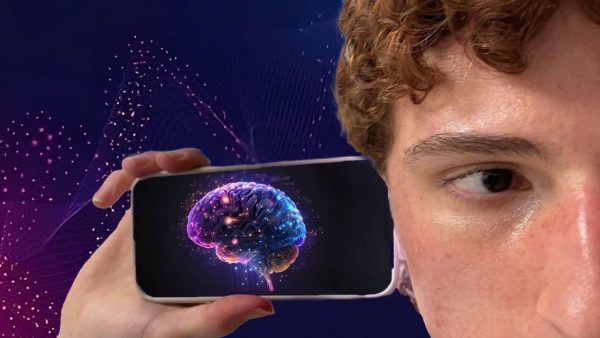
According to hostslinger.com, an online organizer, there is an increase in AI usage, predicted to grow around 37 percent every year until 2030. With that in mind, how can we regulate this use in schools? What do students and teachers think?
AI (Artificial Intelligence) is a type of programming made to learn, adapt, and understand the tasks that it is asked for. In today’s world, AI is paving the way into the future. We see it on social media, websites, but more importantly, in classrooms. According to Forbes , a global media company, over 50% of educators use AI learning games, and 60% of educators have used AI in general. How about teachers at PRHS?
Math Teacher Kelly Bellew does not agree that AI belongs in schools,
“I think that students today are too accustomed to letting technology give them the answers.”

Bellew currently teaches college math, geometry, and statistics, so being able to properly analyze is a must, she explained. She isn’t exempt from people who have used it, however, saying “I use AI only to translate, and to write letters of recommendation.” Other than that however, she thinks it does not belong in the classroom. “If students keep using AI, then they won’t be able to solve the problems themselves.”
AI isn’t just a way to copy, however. English teacher and head football coach Matthew Carroll lets his students use AI in class. Carroll says “I think it’s like every tool, when used in moderation it’s okay.” Because of this, he sees using AI as a way for students to make outlines. “The best thing English students can do is use AI to get started.” Carroll sees AI as a learning tool, not something that will stunt a student’s growth. For himself, he uses it to answer emails. “As a head football coach, I use AI to answer redundant emails.” Carroll believes that students shouldn’t copy straight from it, but isn’t opposed to students getting ideas from there.
Junior Grant Acevedo has admitted to using AI for school. “I think AI is a valuable and underestimated tool when it comes to compensating for poor instruction on more complex topics.” Acevedo mentions that AI potentially can help students learn. “I’m concerned the problem with AI arises when students solely rely on it for their school work.” Acevedo isn’t the only one who thinks this, in fact Forbes says 30% percent of people are concerned about the autobility of students.
This raises the question, will AI make this generation of students lazy?
The majority of students at PRHS use AI. 64% of students have used AI for school, while the remaining students have not. Students who claimed to have never used AI either don’t know how to use it or they have used it for reasons other than academically. 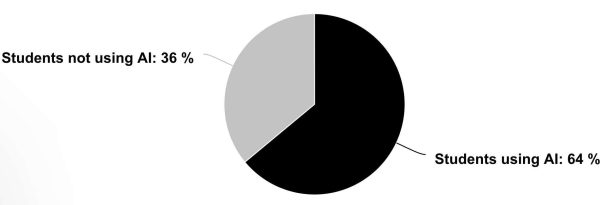
With such polarized views on AI, how can we put regulations on its use? Will AI “take over”, or will we be able to acknowledge its use in the classroom?





